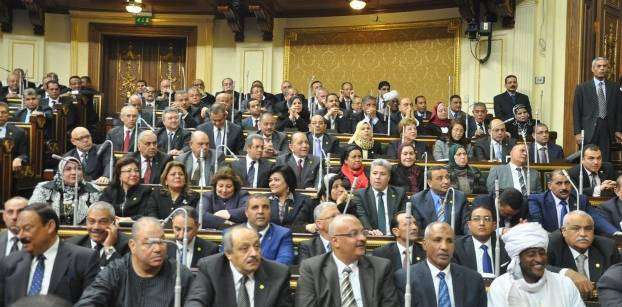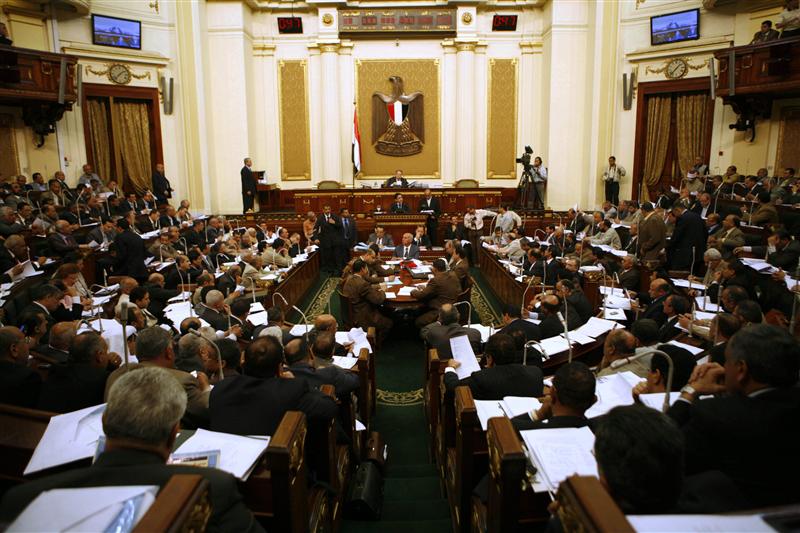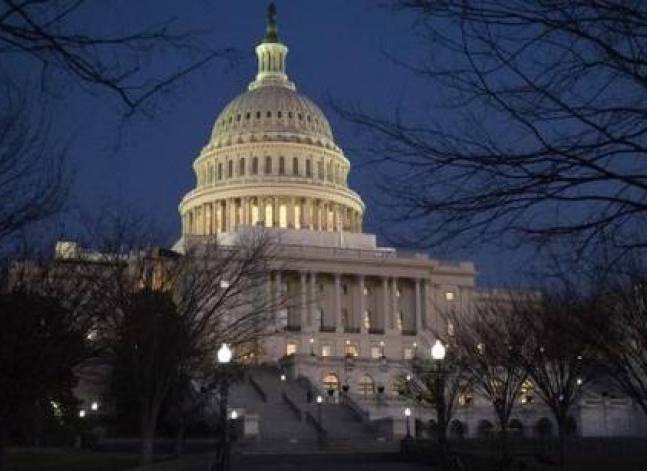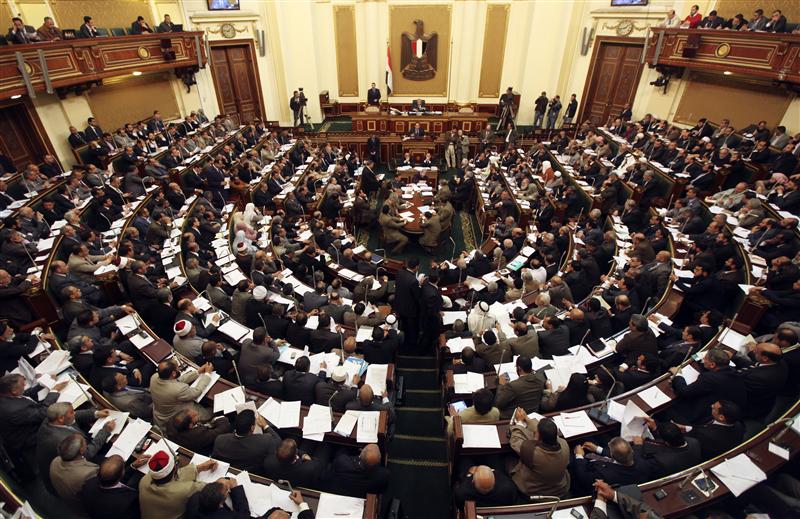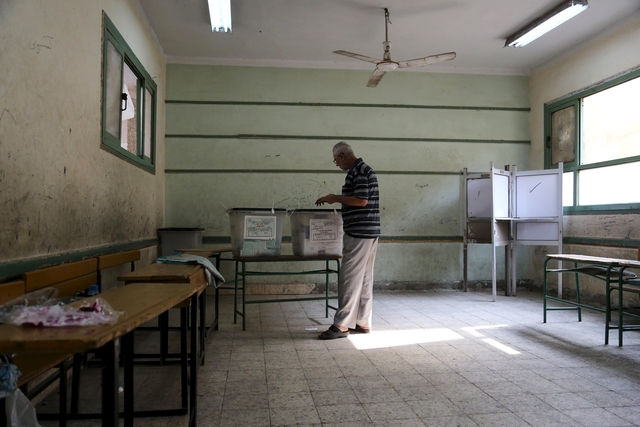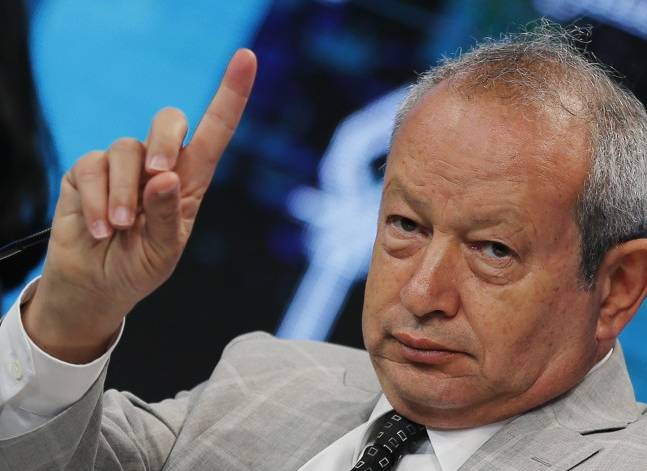Latest NEWS
- Aswat Masriya, the last word
- Roundup of Egypt's press headlines on March 15, 2017
- Roundup of Egypt's press headlines on March 14, 2017
- Former Egyptian President Hosni Mubarak to be released: lawyer
- Roundup of Egypt's press headlines on March 13, 2017
- Egypt's capital set to grow by half a million in 2017
- Egypt's wheat reserves to double with start of harvest -supply min
- Roundup of Egypt's press headlines on March 12, 2017
Lawmakers may not comment on country’s monetary policy in the media
CAIRO, May 23 (Aswat Masriya) – The Egyptian parliament’s speaker threatened to refer any parliamentarian who speaks to the media about the dollar exchange rate or the monetary policy to a disciplinary committee, state-run news agency MENA reported Sunday.
During a parliamentary session in which the government presented its budget for the next fiscal year, Ali Abdel Aal said that some members of the House of Representatives “harm Egypt’s security” by appearing in the media and commenting on the country’s monetary policy, MENA added.
“Some directed harsh criticism at the central bank’s policy and spoke about the dollar exchange rate and other [issues], which harmed Egypt in such difficult circumstances,” he added.
The Central Bank of Egypt has been trying to stabilise the Egyptian pound's exchange rate amid a gap between the official and black-market prices.
In March, the Central Bank of Egypt (CBE) devalued the currency by 14.5 per cent against the U.S. dollar and raised the Egyptian pound by 7 piastres, to reach EGP 8.78 against the dollar.
But the currency plunged on the black market, reaching between 10.88 and 11 piastres per dollar.
The bank announced in a statement during the same month that it decided to adopt a "more flexible" exchange rate policy with the aim of "restoring regular and sustainable foreign exchange trading within the banking system."
Since the 2011 Uprising that toppled former president Hosni Mubarak, years of political turmoil have taken a toll on the Egyptian economy, driving away tourists and foreign investments and halving the country’s foreign reserves.
From the crash of a Russian plane above Egypt’s Sinai in October 2015 to the more recent EgyptAir plane crash, one crisis after the other have signalled an even grimmer outlook for the tourism sector and cash inflows.
Egypt's unicameral parliament was elected in October and December 2015 and was inaugurated in January 2016 to complete the “road map to democracy” that was announced by then-Defence Minister Abdel Fattah al-Sisi in 2013 after he led the military ouster of former president Mohamed Mursi of the Muslim Brotherhood following mass protests against Mursi's rule.
Sisi became president in 2014 after he made a sweeping victory in the presidential election. He possessed both executive and legislative powers until the current parliament was elected.
The House of Representatives' inauguration came after a gap that lasted more than three years. The previous parliament was dissolved in 2012 by the Supreme Council of the Armed Forces, which ruled the country at the time during a transitional period that followed the 2011 ouster of long-serving president Hosni Mubarak amid a popular uprising.

